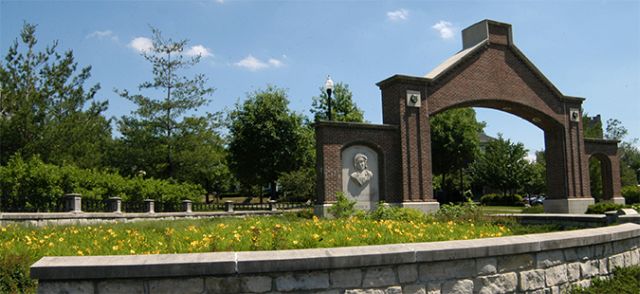Document Type
Article
Publication Date
2014
Publication Source
Academy of Educational Leadership Journal
Abstract
Practices of academic dishonesty are prevalent on college campuses (Chen, 2009; O’Rourke, Barnes, Deaton, Fulks, Ryan, & Rettinger, 2010; Simkin, 2010). The pressure to excel, peer perception, and the lack of faculty enforcement are among several factors that lead students to cheat. Building on an initial multi campus 673 participant-survey results, circumstances of academic integrity among Saudi students at a Midwestern university are examined through in depth interviews. Findings revealed prevalence of academic misconduct behaviors among study participants. Academic misconduct behaviors ranged from simple utilization of cheating on tests to utilizing internet paper mills. Findings also showed a gap between students’ moral beliefs and their moral actions (Gross, 2011). Most participants, though reporting several academic dishonesty behaviors as accepted practices, denounced cheating as opposed to their own cultural, religious, and ethical beliefs.
Inclusive pages
143-154
ISBN/ISSN
1095-6328
Publisher
Allied Academies
Volume
18
Issue
1
Peer Reviewed
yes
eCommons Citation
Razek, Nasser, "Academic Integrity: A Saudi Student Perspective" (2014). Counselor Education and Human Services Faculty Publications. 3.
https://ecommons.udayton.edu/edc_fac_pub/3
Included in
Educational Assessment, Evaluation, and Research Commons, Educational Leadership Commons, Higher Education Administration Commons




Comments
Article included with the permission of the publisher. For archives of the journal or for information on submitting an article, see the publisher's website.